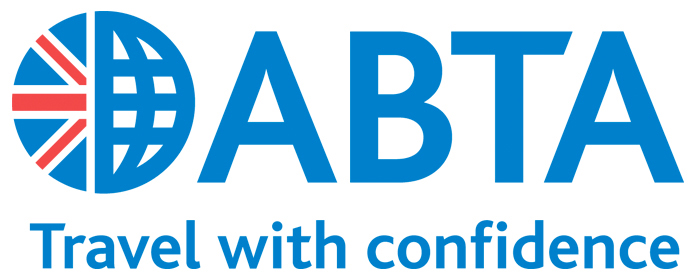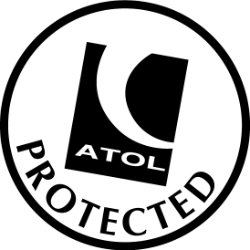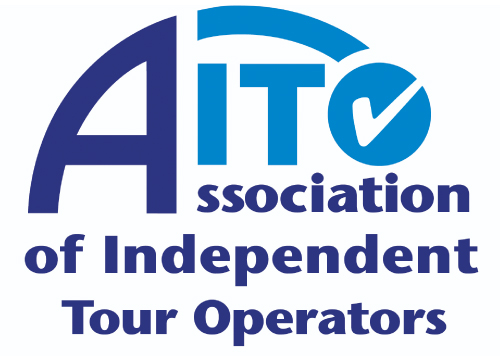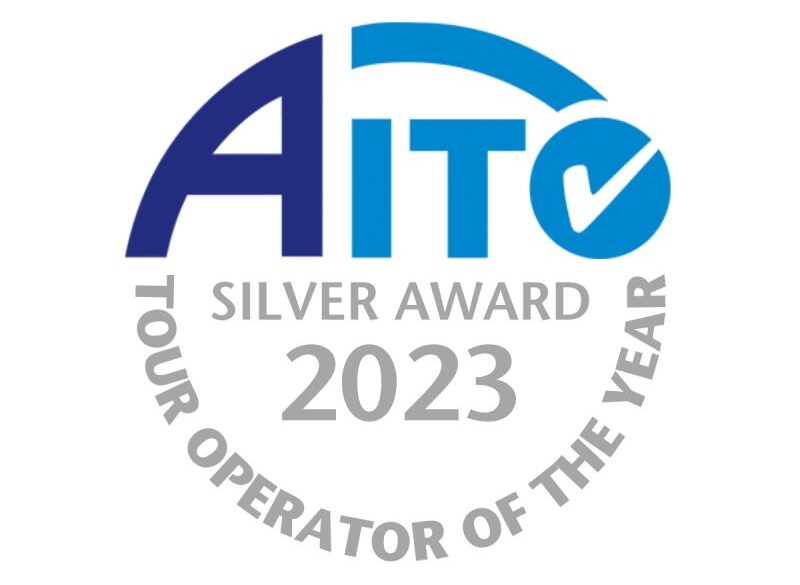We have compiled a list of top tips, advice and travel essentials below to help prepare you for your holiday in India!
Currency
- The local currency is the Indian Rupee (INR), which has an approximate current exchange rate of £1 = 90 rupees.
- As the rupee is a closed currency, you cannot purchase any before arriving in to India. Credit cards are widely accepted across India – make sure you tell your bank about your trip before travelling. We would also recommend taking some cash to exchange at the airport on arrival, several currency exchange desks can be found in the arrivals hall at most airports.
- ATMs are readily available in the towns and cities across India, but please bear in mind that occasionally they can be temperamental. Your guide will always be able to assist you with locating the nearest ATM.
- As it is a closed currency you will not be able to exchange any rupees once outside of India, therefore we advise trying to take out small amounts to cover immediate needs towards the end of your holiday.
- Credit cards can be used in most larger shops and hotels.
Expenses
- We normally recommend allowing yourself around £10-30 a day per person for your food expenses.
- At a good quality local restaurant a two course lunch is likely to set you back around £4 whilst dinner around £10.
- If you dine in luxury hotel restaurants these costs will increase. A local beer costs around £0.80. Imported food and drinks cost more and wine is also more expensive with a bottle for around £30.
- On top of the price for your trip you will still need to sometimes pay a small fee for cameras when visiting monuments, sights and parks.
Tipping
- Tipping is part of life in India and for good service it is expected. High end restaurants and hotels will include a service charge but for most places it is not included.
- It is completely up to you what you decide to tip but here is a small guideline we have put together to help. These are based on a trip for 2 people (it is good to have plenty of 100 Rs notes to hand for tipping and small purchases – when exchanging money on arrival in to India, ask for smaller notes):
- When tipping guides, we recommend for a half-day tour offering Rs 300-500 (approximately £3 – £5). When with a guide for a full day, between Rs 500-700 (approximately £5 – £7).
- You will have a driver accompanying you on your guided tours and we recommend around Rs 400-600 (approximately £4 – £6).
- When there is no service charge added to a bill in a hotel or restaurant 10% is the norm to leave.
- When staying on a houseboat a tip will be expected for each crew member. We recommend around Rs 400 (approximately £4) per crew member for your time on board.
- For time spent at homestays they often have a tip box to leave some money for their staff. If they don’t please leave it with the host to distribute fairly. We recommend around Rs 500 (approximately £5) a day.
Vaccinations
- Ensure you visit your GP six weeks before travel for general advice on travel risks, vaccinations and malaria. Make sure you take out comprehensive travel insurance as soon as you book your holiday. For more information on which vaccinations you may want to consider having visit http://www.fitfortravel.nhs.uk & malariahotspots.co.uk
- We would also highly recommend taking a very good mosquito spray with you.
Language
- As India is such a large and diverse country, different regional languages are spoken throughout. The most widely spoken is Hindi. English is widely spoken and used frequently in business and hospitality, so you will often find it easy to communicate with those you come into contact with.
- When travelling through India, just like with any country, it is always appreciated when visitors make an effort to speak the local language – just a simple ‘hello’ will go a long way. As there are so many languages in the country we can’t offer a definitive set of phrases but we would certainly suggest spending some time when you are there asking local people what language is being spoken and try to pick anything you can up. This will certainly add to your experience of the country!
Time Difference
- India is four and a half hours ahead of GMT in British Summer Time and five and a half hours ahead of the UK during the winter.
Insurance
- A policy to cover theft, loss and medical issues is a must. It is a good idea to photocopy all relevant documents – passport, travel insurance policy etc – and leave one copy at home. Carry another copy with you separate from the originals. Please do visit our page on travel insurance for further information: https://www.fleewinter.com/home/travel-insurance/
Telephone, Post and Wi-fi
- To dial the UK from India you must dial 0044 and then drop the first 0 of the number. The Indian country code is +91. Calling from hotels in India is expensive but you will find internet centres with reasonably priced international calls in larger tourist areas. If you make a lot of calls you may wish to buy a local sim card. If you want to do this please remember to have your phone unblocked before leaving your country.
- Airmail to Europe will take around a week.
- Wi-Fi is relatively easy to access in India with most hotels, restaurants and cafes having Wi-Fi. You will also be able to find internet cafes if needed. In more rural and remote areas, Wi-Fi signal can be less reliable.
Electricity
- You will need to take adaptors with you for all electrical appliances. These are readily available in electrical shops – be sure to choose one that can be used in India.
- If you are planning to use a laptop it is essential to use a universal AC adaptor.
- The electricity supply is 230-240V.
Laws, Customs and Culture
- India is a predominantly conservative country and women wearing tight and small items of clothing will draw unwanted attention. Therefore, we recommended dressing modestly.
- Whilst it is common for men to shake hands, it is seen as rude to touch an Indian woman and it is likely to make them feel very uncomfortable. Do not use your left hand to shake hands as it is seen as unclean.
- From the 2nd October 2008 the Prohibition of Smoking in Public Places Rules came into effect. This bans smoking in all public places such as bars, restaurants and public area of hotels. You are likely to get a monetary fine if you violate these rules.
- When visiting religious places you should always dress in modest and clean clothes, shorts and vests are inappropriate. You will always need to remove your shoes before entering a mosque or temple and, if visiting a Jain temple, any leather items. When in a Sikh temple your head needs to be covered and tobacco and cigarettes cannot be taken in. When in the religious building walk in a clockwise direction. In Buddhist shrines, turn the prayer wheel in a clockwise direction. When unsure in any of these situations follow the example of others.
- Indians rarely say ’no’ and will rarely admit if they do not know the direction to somewhere. If you are still unsure when speaking to someone it might be worth getting another opinion.
Eating
- India is famous for its food and is often said to have some of the best cuisine in the world.
- There are fantastic restaurants throughout the country and you will find that dishes are specific to the region you are in so make sure you try some of the local specialities wherever you are.
- ‘Delhi belly’ is often referred to when talking about travelling in India and it is true that their hygiene standards are not well regulated. We recommend not eating salads or fruit that may have been washed in the local water, keeping your hands clean with sanitiser as much as you can, choosing restaurants that are recommended and have caution when eating meat. Stick to bottled water, and check the seal is in tact before drinking.
- A large proportion of India’s population are vegetarian which means there are many vegetarian dishes to choose from. When eating in more local places, it may be advisable to stick to these dishes rather than dishes containing meat.
- Food can be very spicy in India and whilst tourists are rarely served dishes at local spice levels, it may still be worth letting your waiter know if you do not want it to be spicy.





